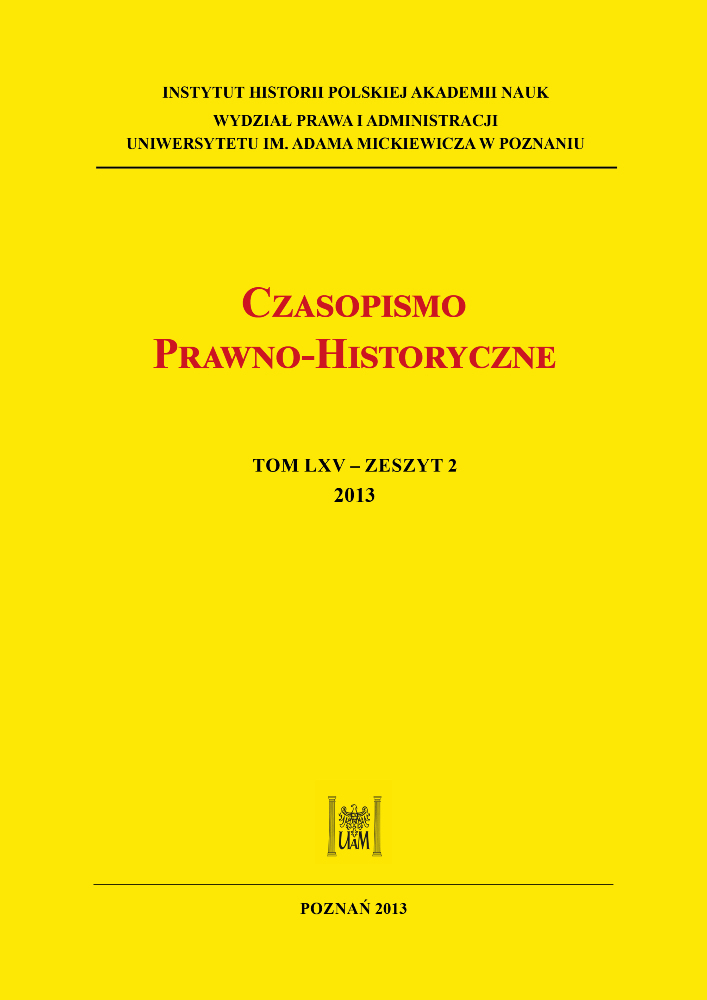Abstract
The subject of this paper is political elitism (or the existence of political elites) and the shaping of that concept from the ancient times to the 20th century, on the example of the views of its main creators from Plato, through Claude Henri de Saint-Simon, Georges Sorel, or Max Weber to Czesław Znamierowski. Particular focus has been put on the ideas developed at the turn of the 19th century, including those of Robert Michels, Gaetano Mosca and Vilfredo Pareto, which the author considers to be the fullest and most original. All those ideas have been based on the presumption that the existence of elites is an obvious and indispensible fact since people are different and the natural inequality among them must be maintained to comply with intellectual, moral, or religious premises. Although, practically, all concepts of elitism have been critical of the Marxist theory or any other form of socialist ideology, most theorists hold an opinion that political elites should not isolate themselves in a closed circle, but allow at least some representatives of the other parts of society to join in. Only such ‘circulation’, they claim, can ensure durability of the elites and their survival. Some more recent concepts of political elites go further and propose that interests and aspirations of social masses be taken into account as broadly as possible. This view is a consequence of a conviction that elitism understood as a manner in which political structures function has disappeared and we are currently dealing with an objective process where different types of elites are emerging to create ‘lesser elites’, which – as the process of democratisation of public life continues – results in a gradual departure from the idea of government composed of excellent minds and personalities.
License
Copyright
© by Faculty of Law and Administration, Adam Mickiewicz University, Poznań, 2013
OPEN ACCESS




